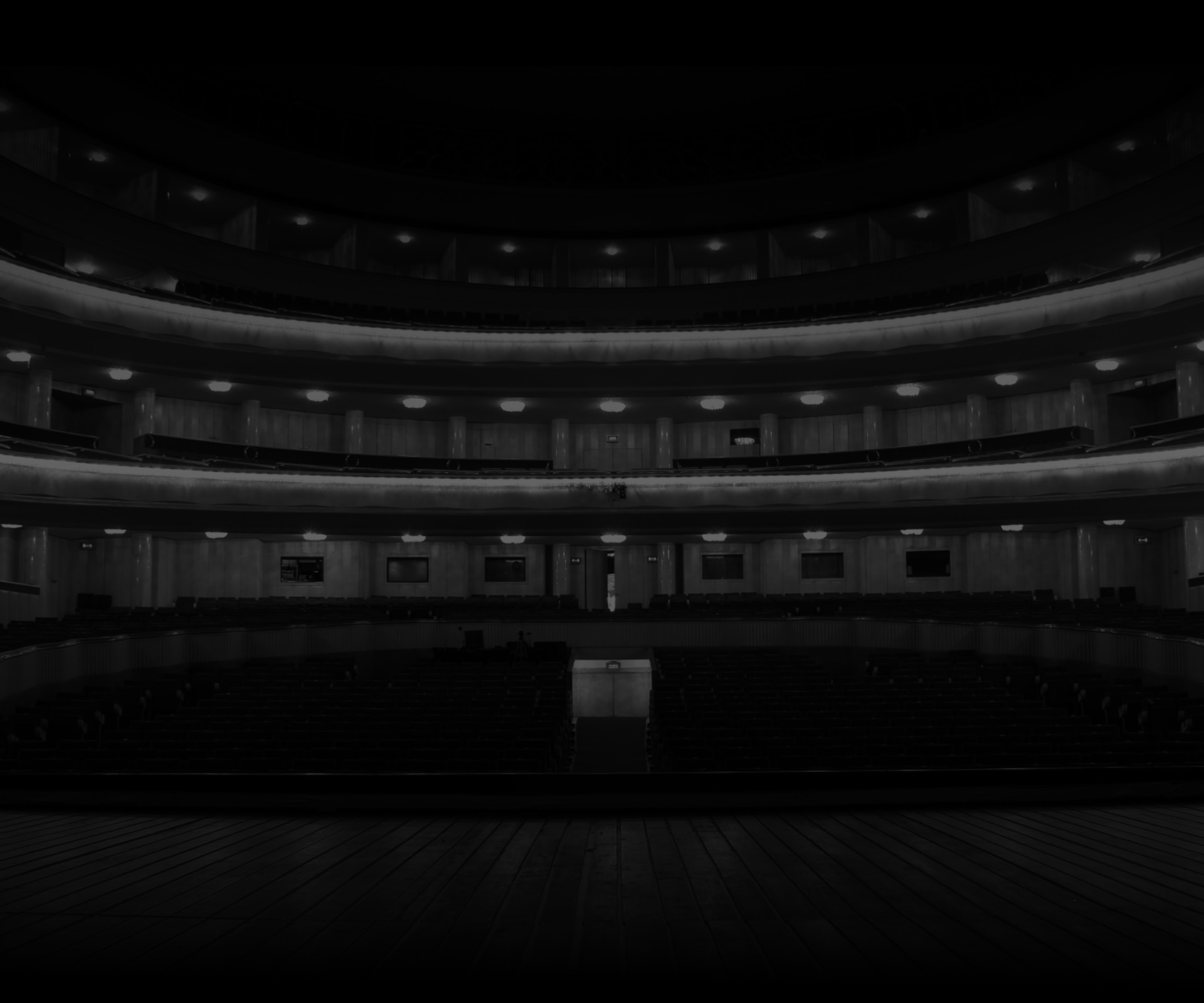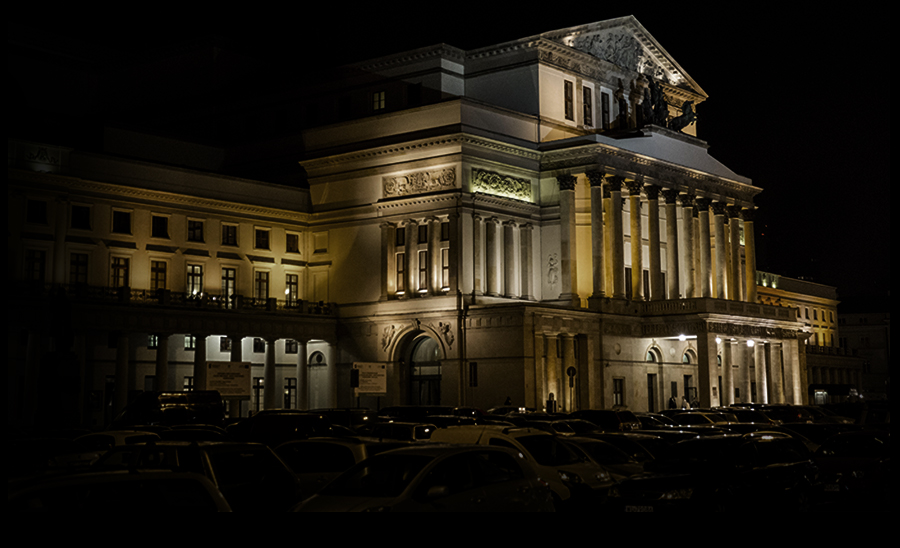
Katarzyna Głowicka is a Polish contemporary composer. Born in 1977 in Oleśnica, she graduated from the Academy of Music in Wrocław, where she studied composing under Grażyna Pstrokońska-Nawratil. After graduation, Głowicka continued her study abroad, completing an internship in Strasbourg under Ivan Fedele, a post-graduate programme in the Hague under Louis Andriessen, and a PhD in Belfast's Sonic Arts Research Centre in 2008. She currently teaches computer music at the Royal Conservatory of Brussels. Głowicka has received numerous scholarships (e.g. from DAAD, the Polish culture ministry, the governments of Britain, the Netherlands and France). Her pieces have been performed by world-renowned ensembles (ensemble recherche, De Ereprijs, Holland Symfonia). She wrote Microgalaxies on a commission form the Modern Festival in Vienna; her other works have been presented at the Venice Biennale, the Warsaw Autumn festival, De Suite in Ijsbreker, or the Gaudeamus Music Week.
In her work, Katarzyna Głowicka focuses on acoustic repetition, and piano and vocal music enhanced with electronics. She draws inspiration from film and theatre, which have led her to compose The King’s Gravedigger (2002/2006), an opera inspired by Andrei Tarkovski's film Quasi Rublev (2006/09), for harpsichord and electronics, with visual effects designed by Mathis Nitschke, or the opera The Container (2010), drawing on Lukas Moodyson's film under the same title.
She has been living in the Netherlands since 2003. Together with her husband, composer Henry Vega and visual artist, Emmanuel Flores she runs the ARTEk Foundation in the Hague.
Controversies is a series of debates on the opera as a cultural phenomenon. The project offers space to talk contexts, search for news interpretations, venture into unknown territories.
In the 2014/15 season we will be reflecting on motifs from selected titles, reaching out to different arts -- especially the cinema. We have planned a series of film screenings to take place in Warsaw's studio cinemas, and serve as food for discussion. Terra incognita of old-time dilemas has already been conquered to some degree, yet the opera continues to prove that there is still more to discover...
I. "CIRCLES OF ALIENATION" IN OPERA -- THE MERCHANT OF VENICE
Taken from the title of Michał Głowiński’s book, such areas of incompatibility are important for the biography and musical oeuvre of Andrzej Czajkowski (André Tchaikowsky). A struggle with identity and constant tension between expectation and fulfilment defines the lines along which reflections on alienation develop. Gay? Jew? Utopia of coherence?
II. OPERA HUMANA -- MARIA STUARDA
Kant’s starry sky is sometimes overcast. Where should we seek advice? Psychoanalysis tries to answer questions on the imperative of human activity, on the driving force that controls our choices. Is it other people, our own experience, toxic parents, childhood, traumatic events, love or hatred? Why do we need responsibility and does a morality of music exist?
III. THE SYNAGOGUE OF SATAN -- POWDER HER FACE
The meanders of femininity are an inexhaustible theme. Woman controlled by desires, hysterical, a witch – battling this image has taken centuries. Never fear: this is just a masculine projection, a sublimation of male fears, specifically created in its own non-image – or so feminism reassures us. Is the Duchess of Argyle a woman enslaved or just the opposite – emancipated? Are the opinions about her an argument in the anti-feminist discus- sion or a victory for feminism? From Orpheus, through Przybyszewski, Poe and Dostoyevsky, to Berg and Adès.
IV. THE TERRITORIES OF OPERA -- THE 'P' PROJECT
The death of opera has been announced many times before. But today, does not the old term dramma per musica seem a more appropriate name? What challenges do 21st century artists face from opera as an art, and what from opera as an institution? What does it have that provokes, entices, repels? How do today’s generations of composers approach the reality of opera theatre? Is the composer struggling with the institution a battle whose result is a foregone conclusion? Creative strategies and work tactics – opera is (not) dead.
V. WITNESS OF THE TIMES -- WILLIAM TELL
An assassination attempt on Napoleon III was made in 1858. The emperor was on his way to see a production of William Tell. For decades Rossini’s opera had to wait in the vestibule of Milan’s La Scala. The Nazis banned it. It was cut, modified, it was politically and ideologically inconvenient. William Tell – a work of art as a witness of history.






 ''
''